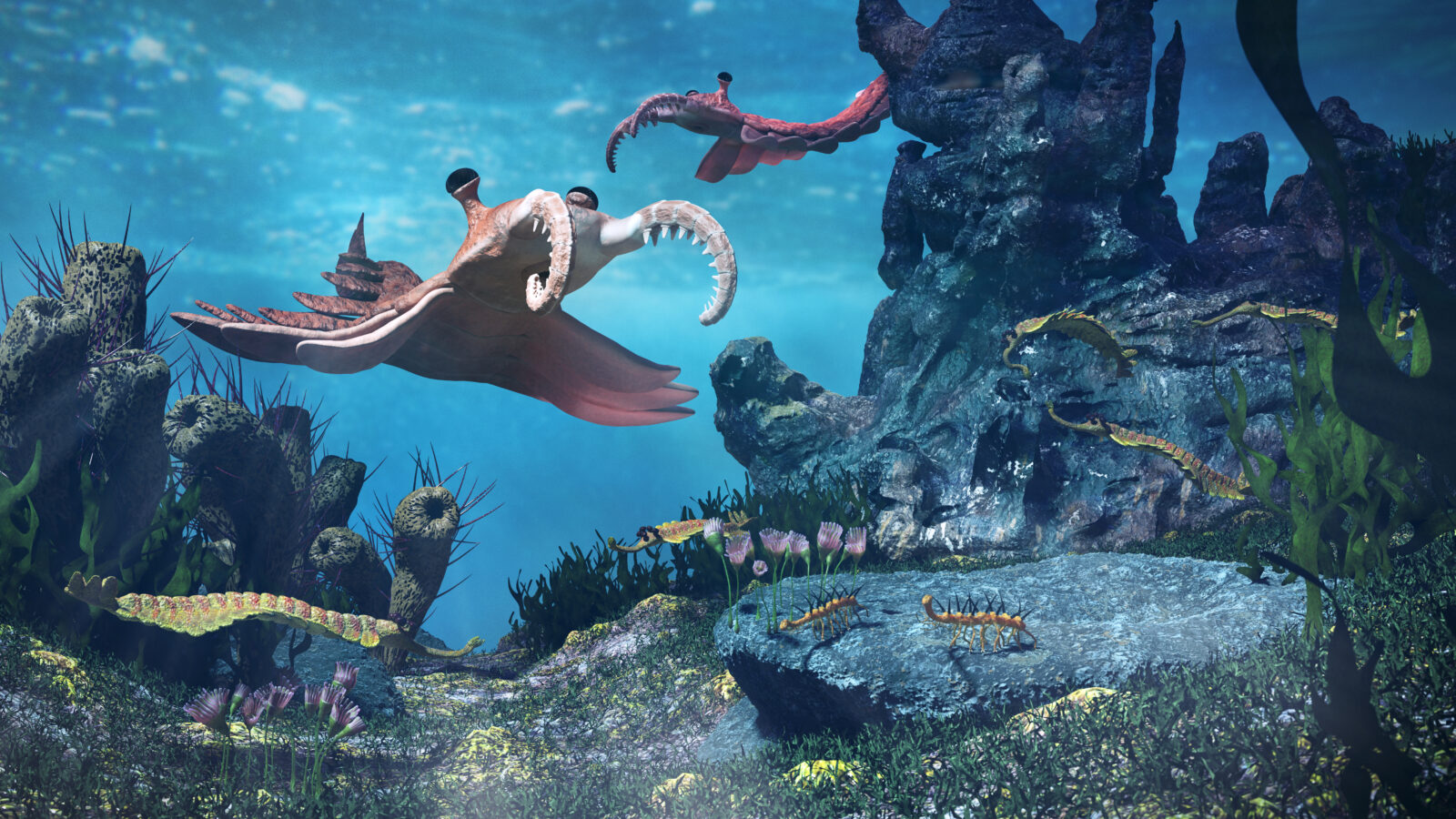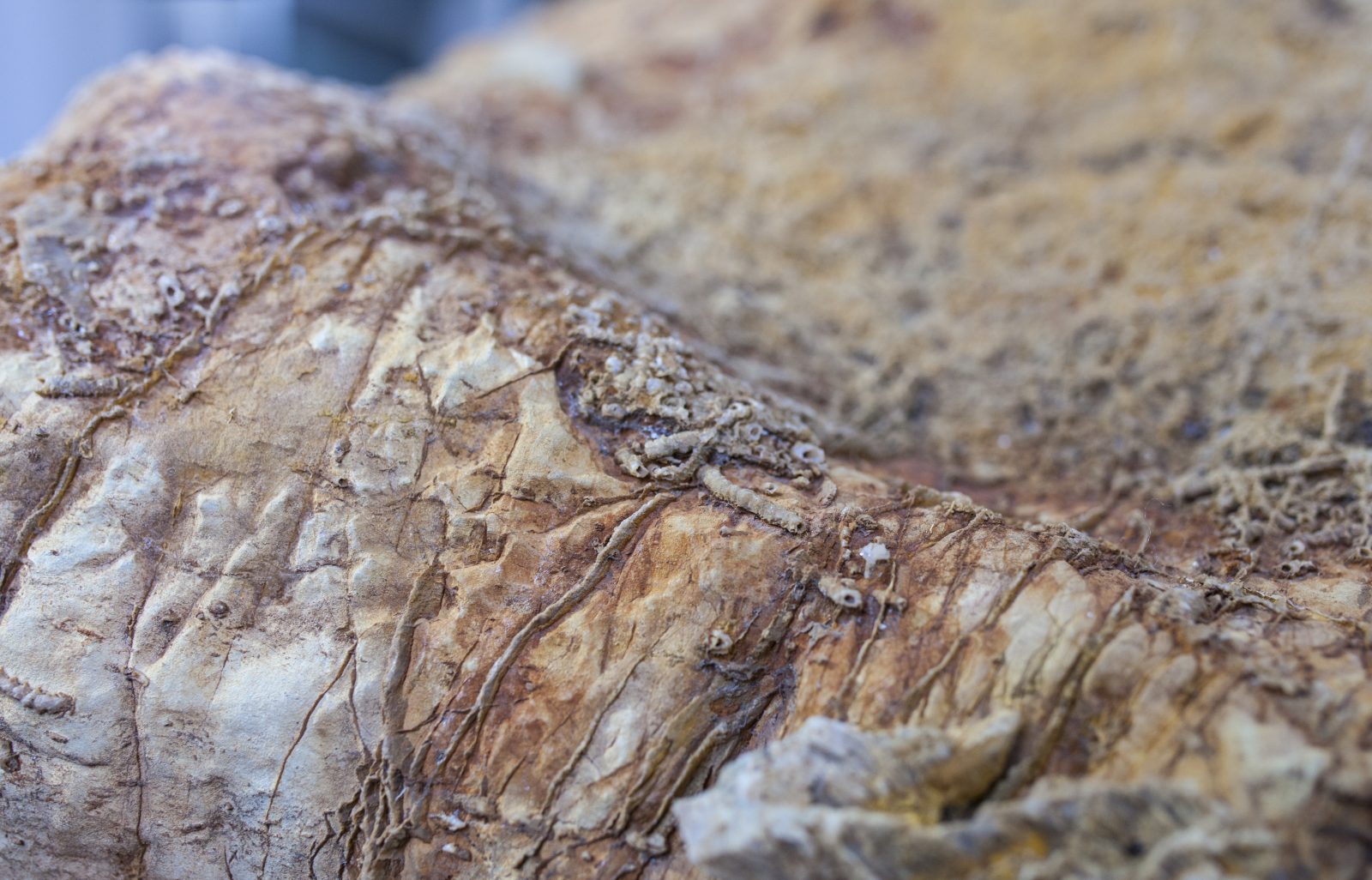


The Demise of the Artifact Hypothesis

Günter Bechly on Fossils and Common Descent, Pt 1
Sarah Chaffee interviews German paleontologist Günter Bechly on the book Theistic Evolution: A Scientific, Philosophical, and Theological Critique, specifically his chapter with Stephen Meyer on The Fossil Record and Universal Common Ancestry. Bechly, who had been a prominent proponent of Darwinism, discovered late in his career that there are significant scientific reasons to doubt the evolutionary story. His chapter in the book describes some of these reasons.
Read More ›